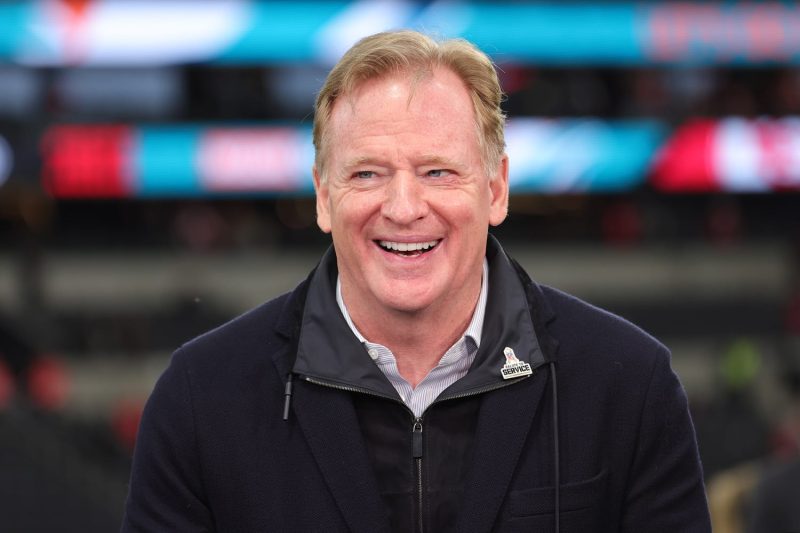In a groundbreaking announcement, the National Football League (NFL) has decided to break its traditional stance and open up team ownership to the possibility of private equity investment. According to Commissioner Roger Goodell, this innovative decision can permit private equity firms to own up to 10% of an NFL team. The commissioner’s announcement marks a new era for the NFL and promises a dramatic shift in the way the sport is currently organised.
Firstly, this decision is indicative of the NFL’s progressive approach, showing openness towards unconventional funding models. Traditionally, the NFL has limited the ownership of its member teams to individual owners and their families. This has been to ensure that all team owners are equally committed and involved in the league’s operations and success. However, the introduction of private equity in the mix means that the league’s teams now have the opportunity to boost their financial health, particularly during the trying times of the Covid-19 pandemic.
Private equity investment in NFL teams has the potential to impart significant advantages. The key benefit it offers is an infusion of capital that can be leveraged for team development and improvement. For instance, funds derived from private equity stakes can be used to attract high-profile coaches, invest in top-tier players, upgrade training facilities, and strengthen overall team operations. Through this, not only will the teams stand to gain competitively, but the overall quality of the league could also stand to improve in the long run.
Moreover, this move signals a refactorisation of football economics. With private equity stakes, the NFL teams have an opportunity to access deep pockets of capital that were previously untapped. In addition to strengthening the teams’ economics, this can significantly drive up valuations and create a robust financial ecosystem within the league. The financial stability and strength that comes with private equity participation has the ability to ensure that players, staff and fans alike continue to enjoy the sport despite the financial challenges of the times.
Besides these benefits, the decision also puts the NFL on par with other sports leagues around the world that have embraced private equity ownership. The trend of private equity investment in professional sports has been on the rise in recent years with numerous soccer and basketball teams across Europe and America opening up to such ownership structures. By falling in step with this global trend, the NFL further serves to underline its status as a global forerunner in the world of professional sports.
How this move works out in terms of striking the right balance between the interests of traditional owners and private equity players remains to be seen. Indeed, entwining the motives of profit-driven shareholders with those of sometimes-passionate, traditional owners can be a tricky affair.
However, as this decision unravels, it is clear that Commissioner Goodell and the NFL management have taken a bold step into the future. The movement towards private equity ownership represents a sea change in the culture and economics of NFL football. By placing finance at the forefront of this evolution, the NFL clearly recognises the value of economic resilience, and its necessity, in the age of a global pandemic and beyond. Despite the challenges that may lie ahead, the potential benefits for the NFL, its teams and fans are certainly an exciting prospect.




